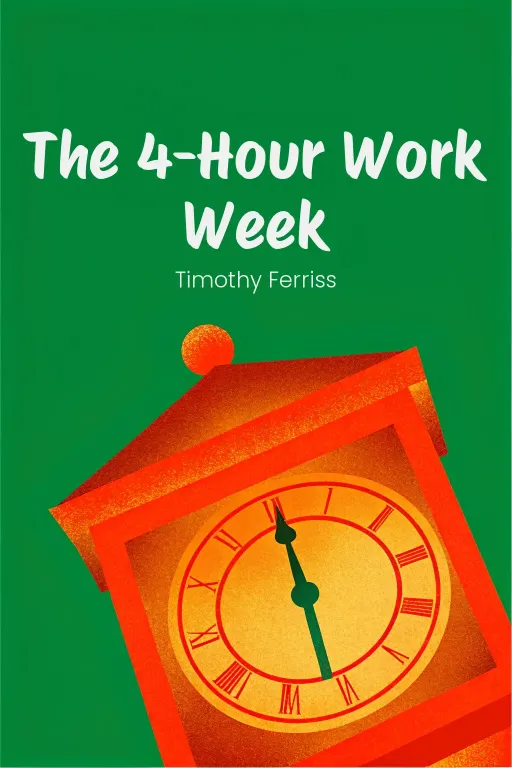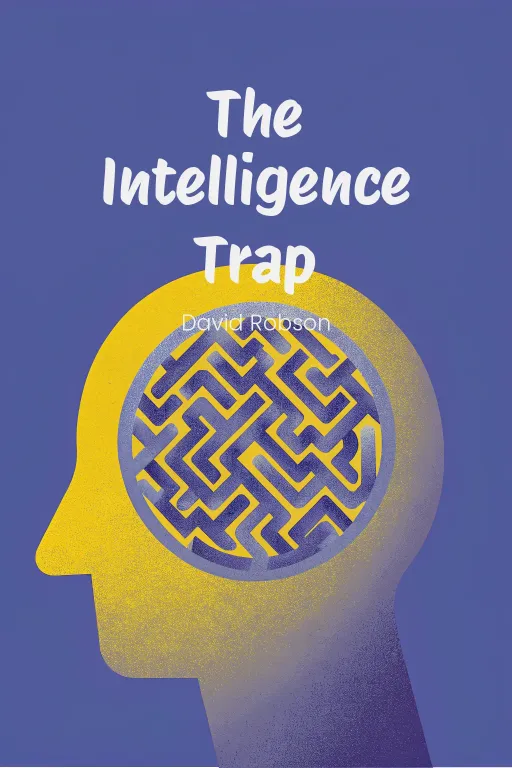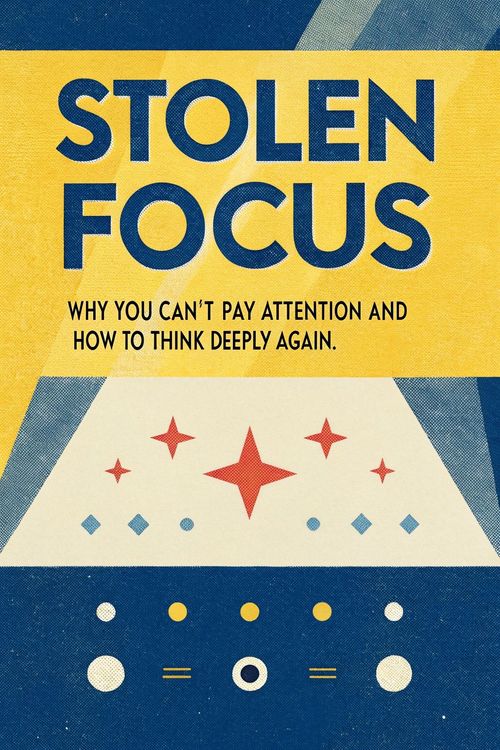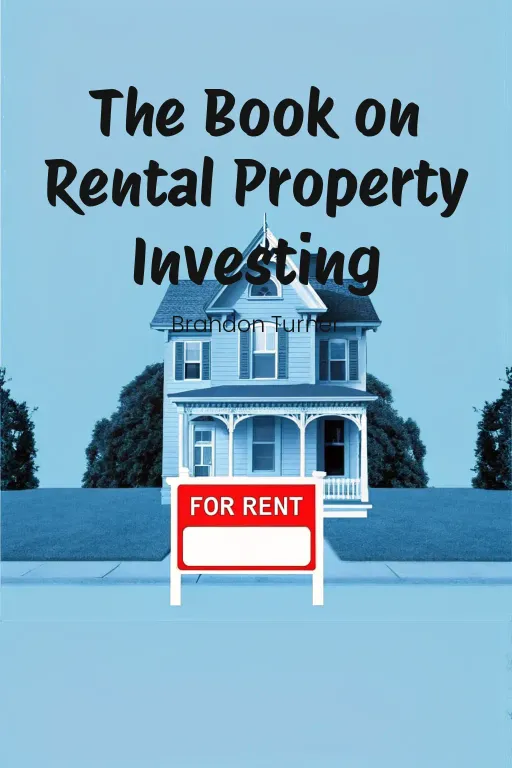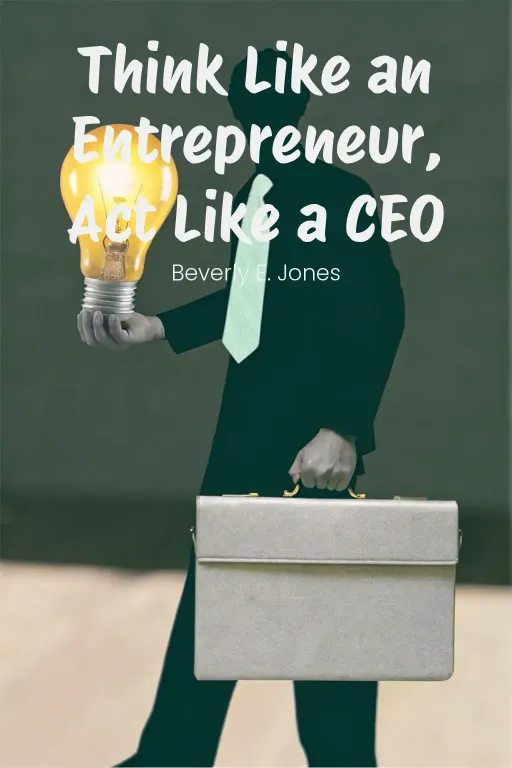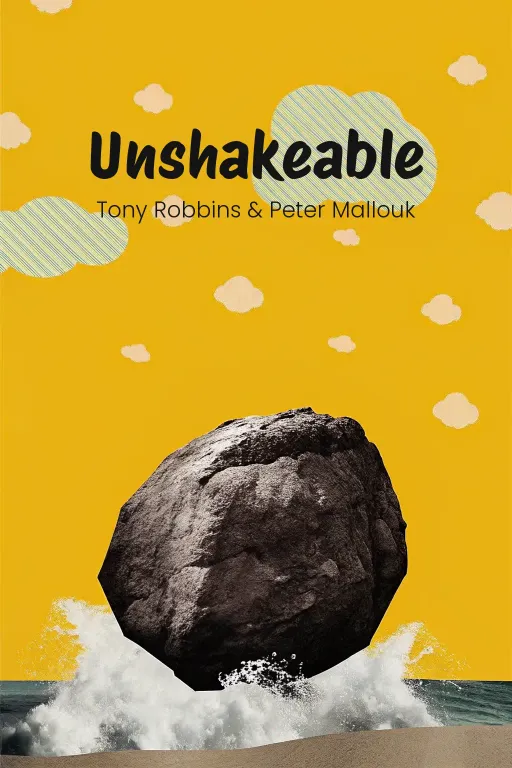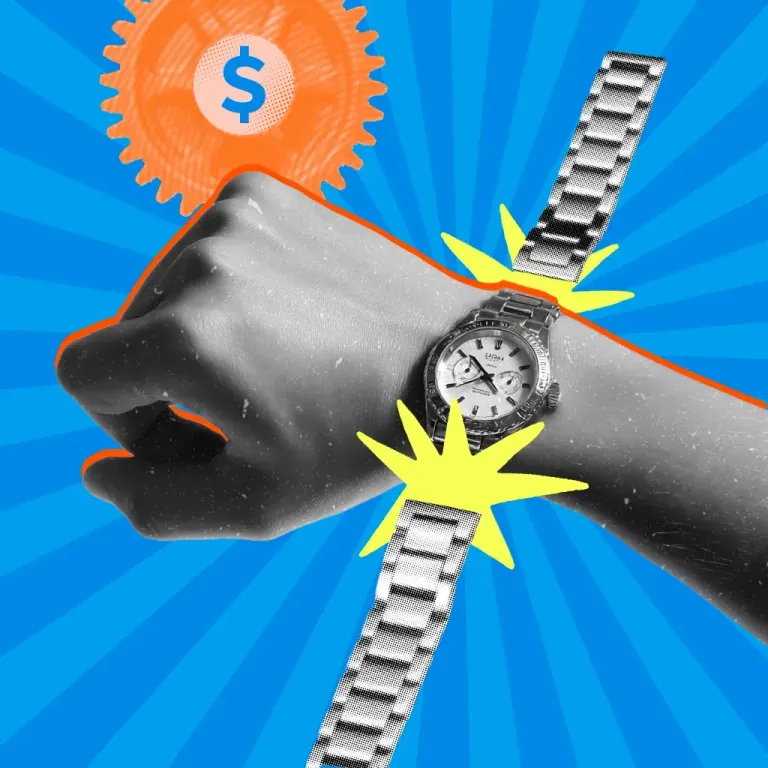
Work Less, Live More: Design Your Life Now!
Podcast by Beta You with Alex and Michelle
Work Less, Live More: Design Your Life Now!
Part 1
Alex: Hey everyone, and welcome! Today we're going to turn some ideas on their head, especially when it comes to work and success. Here’s a question for you: What if you could actually work less, but live a whole lot more? Design your life around what truly makes you tick? Michelle: Sounds fantastic, Alex, but come on, doesn’t it? Most of us are stuck in the daily grind, balancing work, bills, and a million other responsibilities. Is "working less" just a pipe dream for most of us? Alex: Exactly why we’re diving into The 4-Hour Workweek by Timothy Ferriss. This book? It’s practically a manual for escaping the 9-to-5 and rethinking what success even means. Ferriss challenges this idea that you need to work yourself to death to get anywhere. Instead, he introduces the "New Rich" - people who prioritize time and experiences above just accumulating money. Michelle: Okay, I'm listening. But I'm guessing this isn't just about packing up, quitting your job, and living on a beach, right? Or… is it? Alex: Well, it could be. But realistically, it's about creating freedom through these smart strategies, right? We're talking about trimming the fat and cutting the wasted time. Automating income streams, outsourcing those tasks that drain your energy. And taking what he calls “mini-retirements” throughout your life, not just at the end. Michelle: Okay, I get the concept. But how do you actually make that leap from the daily grind to this kind of dream lifestyle? Is there a secret sauce, a magic wand, a time machine involved? Alex: Today, we’re going to break it down into three key parts. First, we'll redefine what success looks like. Ferriss really flips the whole idea of "wealth" on its head. Then, we’ll go through his step-by-step advice for changing your work and life habits. And finally, we'll tackle the tools and the mindset you need to actually sustain this freedom long-term. Think of it kind of like pulling weeds and then really cultivating a garden where your passions can, you know, actually flourish. Michelle: Redefining success, a step-by-step guide, and gardening metaphors, huh? Alright, you've got my attention. But you've still got to convince me these ideas are not just fluff. Let’s dive in then.
Redefining Success and the New Rich Concept
Part 2
Alex: Exactly! So, let's dive into the foundation of Tim Ferriss's philosophy: rethinking what "success" really means. Usually, we see success as this straight line, right? You graduate, get a job, save for years, and finally relax when you retire. Ferriss calls this the "deferred life plan," and he “really” challenges it as a major misconception holding people back. Michelle: So, is he suggesting the American Dream is really just a delayed dream? You grind away for decades, hoping you'll live long enough to actually enjoy retirement? Alex: Precisely. Ferriss argues that this model assumes happiness should always be a future thing, instead of part of our daily life. It's a risky mindset because it pushes people to sacrifice their best years for a future that might not even happen. His "New Rich" idea flips this around. Instead of waiting until you're 65 to live your dream, start right now. Design your life around freedom, time, and being able to move around, instead of just climbing the corporate ladder for a bigger paycheck. Michelle: OK, but freedom, time, mobility – they’re kind of abstract. How does Ferriss define "wealth" for this New Rich? Because, let's be real, most folks equate wealth with how much money they have in the bank, not how many trips they’ve taken. Alex: Right, and that's the mindset shift he's trying to create. For Ferriss, wealth isn't about a specific amount of money; it's about how much control you have over your time. Think about his comparison of two people: Person A earns $500,000 a year but works 80-hour weeks stuck in an office. Person B only makes $40,000 but can work from anywhere and only works 10 hours a week. Ferriss would say Person B is "richer" because they control their schedule, can see the world, and pursue what they love without being stuck at a desk. Michelle: Okay, let's play devil's advocate. What about security? If I'm Person B, I'd always be stressing about paying bills or dealing with unexpected expenses. Isn't there something comforting about having a 401(k) and benefits like Person A? Alex: Definitely, and Ferriss doesn't ignore those concerns. He focuses on what he calls "relative income." It's about looking at how much you earn compared to how much time and freedom you have to enjoy it. He's not saying, "Don't think about the future." He’s saying, "Why give up everything now for a future that's uncertain?" Instead of putting all your effort into traditional security, you can create a sustainable lifestyle that covers both your current passions and your future stability. Michelle: So, it’s like adjusting your finances to support a life with a purpose, instead of just living hand-to-mouth to “get by.” Alex: Exactly! He puts it beautifully: "Gold is getting old." He means that building up wealth just to have wealth is an outdated way of thinking. People are looking for freedom and meaning more than just a number in their bank account. And he shows this with examples, like the story of Hans, the corporate lawyer. Michelle: The guy who traded courtrooms for paragliding in Rio? I remember that one. Alex: Yes, that's him. Hans was miserable, stuck in a high-pressure law career. Then, he tried paragliding and realized how small his fears were compared to the joy of doing something exciting. This pushed him to quit his law firm and start designing a life focused on what he loved. He didn't just ditch responsibility; he reworked his income and work to match his values. That's what the New Rich do, according to Ferriss—they build lifestyles where work supports their life, not the other way around. Michelle: Interesting, but let's be honest: Can everyone just quit their job like that? Is this idea only good for people who already have high-paying, flexible jobs? Alex: That's a fair point, but Ferriss stresses that these ideas can be applied at different levels. He's not saying everyone should quit tomorrow and move to Rio. Instead, he's encouraging us to make intentional choices. Maybe you negotiate to work remotely, start automating parts of your job, or start a side business to fund your dreams. Even small things, like answering all your emails at once to save an hour a day, move you closer to that New Rich mindset. Michelle: Alright, what if someone makes these changes, frees up all this time, and then... wastes it? What if they spend their newfound freedom just watching Netflix instead of doing something meaningful? Alex: Ferriss knows that freedom without a purpose can feel empty, and that's why he focuses so much on Lifestyle Design. It's not just about escaping traditional work; it's about creating a meaningful, rich life. For some, that might mean traveling; for others, it could be spending time with family, building a dream project, or learning new skills. The key is knowing what you're working towards. Michelle: Here's another question: Doesn’t this sound a bit risky? Leaving a stable situation for something uncertain takes courage, and not everyone has the guts, or the privilege, for that matter. Does Ferriss consider that pursuing this kind of life means facing your fears? Alex: He definitely does. That's where his idea of "fear-setting" comes in. It's a structured way to face the worst-case scenarios that stop us from acting. You write down your fears and break them down – what's the worst that could happen, how likely is it, and how would you recover if it did? Once you put these fears out in front of you, they lose a lot of their power. Michelle: So, it’s like popping an anxiety balloon and realizing it’s mostly hot air inside. Alex: Exactly! Once you understand fear, you can take calculated risks instead of avoiding action. That’s the core of the New Rich mindset: face your fears, maximize your freedom, and live according to your passions instead of just trying to survive within outdated systems. Michelle: I came into this skeptical, but there's something really appealing about it. Ferriss isn't saying "be irresponsible"; he's saying "be deliberate." It's about rethinking what's important and finding freedom not in excess, but in things that truly matter. Alex: Absolutely. Whether you're reclaiming your time, designing a life that matches your passions, or even just questioning old norms, Ferriss shifts the idea of success into something personal, profound, and incredibly liberating.
The Four-Step Approach to Lifestyle Design
Part 3
Alex: So, now that we've got a fresh perspective on success, how do we actually make this happen? What are the practical steps to escape the daily grind and embrace this “New Rich” lifestyle? Michelle: Exactly! Let's get into the nitty-gritty. Alex: Absolutely. Ferriss lays out a four-step plan for lifestyle design: Definition, Elimination, Automation, and Liberation—or DEAL. It's a step-by-step guide that turns the theory into actionable strategies, making this lifestyle shift achievable. Let’s dive into the first step—Definition. Michelle: So, defining what freedom means to us personally, right? But isn’t that super subjective? My idea of freedom could be totally different from yours. Alex: Precisely! That's why Ferriss starts with “definition”. Until you're crystal clear on what truly matters to you – your values, your dreams, what you want your life to actually look like – designing a lifestyle around it is impossible. He has this great mantra: “Don’t focus on how to get more; focus on what’s enough.” It's about defining your own version of wealth, one that prioritizes freedom and fulfillment over just accumulating things. Michelle: "Knowing your why" sounds fantastic, but actually figuring that out can be, well, paralyzing. What if the fear of making the wrong choice stops people before they even start? Alex: That’s where Ferriss introduces "fear-setting." Instead of just vaguely worrying about what might go wrong, you actively break down your fears. Write them down, define the absolute worst-case scenarios, and then figure out how you could recover if they actually happen. He tells this powerful story about Hans, a corporate lawyer who felt trapped. He was scared of financial instability and what people would think if he quit. But once Hans wrote everything out and analyzed the risks, he realized his fears were manageable. He even found ways to minimize them! That gave him the courage to leave his job and create the adventurous life he wanted. Michelle: So, facing the worst-case scenario head-on is actually freeing. Almost like mentally rehearsing a plane crash so you know you can survive. But, let me throw a wrench in things here—doesn't this step require a certain amount of privilege? Not everyone can afford to just leap into the void, let alone hire a coach to guide them. Alex: That’s a valid point. But redefining success doesn't necessarily mean making huge, dramatic changes overnight. It could be simple things like setting boundaries, refusing to check work emails after a certain hour, or saving a little money to create a safety net for future changes. Ferriss argues it's less about privilege and more about intentionality – aligning your actions, no matter how small, with the life you want to build. Michelle: Okay, so we've got clarity, we've stared down our fears... what's next? Alex: Step two: Elimination. This is about simplifying your life by cutting out the things that don't really matter. Ferriss is pretty ruthless about cutting waste. He uses the Pareto Principle, also known as the 80/20 rule. You know, the idea that 80% of your results come from just 20% of your efforts. Michelle: Let me guess – he tells you to ditch the activities that aren't part of that top 20%? Alex: Exactly! Ferriss gives examples like salespeople who realize most of their revenue comes from a small group of clients. Instead of spreading themselves thin across dozens of prospects, they focus on nurturing those key accounts. It's about saying no to “busywork” and dedicating your time to the tasks that “really” move the needle. Michelle: Sounds logical, but let's be real. A lot of work environments reward “being busy” and don't encourage stepping back from low-value tasks. Corporate culture often values looking busy over actually getting results. Alex: That's the trap Ferriss warns about! He says “busyness” is often just a form of avoidance – it keeps people from asking the bigger, tougher questions about what's truly important. To combat this, he suggests batching similar tasks and using strict deadlines to avoid Parkinson's Law. Work expands to fill the time allotted, right? So, give yourself 30 minutes instead of two hours for a project, and you'll be amazed at how focused you become. Michelle: A ticking clock works wonders for focus, doesn't it? But some tasks just can't be eliminated or compressed – you still have to answer emails or deal with everyday responsibilities. How does Ferriss account for that? Alex: That’s Automation, step three. Ferriss is a big believer in outsourcing repetitive tasks whenever possible. He talks about tools like virtual assistants—people or companies that can handle things like scheduling or answering emails for you. Michelle: Virtual assistants? Sounds like something only CEOs or business owners use. Alex: Not at all! Ferriss argues that anyone can benefit, even for personal tasks. Imagine paying a VA $5 an hour to book your travel or research insurance options. It frees up your time so you can focus on what really matters to you. Of course, Ferriss stresses starting small—test it out with one task, see if it works, and then build from there. Michelle: Okay, but automation isn't just about delegating to another human, is it? What about automating income streams, like passive income? Alex: Exactly! Ferriss introduces the idea of “muses,” which are systems that generate steady income with minimal effort. Think e-commerce stores, digital products, or affiliate marketing – ways to earn money while you sleep. And his advice for starting? Micro-testing. He suggests small experiments, like running inexpensive ads to see if anyone is interested in a product before investing a bunch of money. Michelle: So, testing the waters before diving in headfirst. Smart. Okay, let's say all of this works out. You've outsourced, automated, and cut back responsibilities. What’s next? Alex: That’s the final step: Liberation. This is where the “real” magic happens. Ferriss focuses on mobility – untethering yourself from a fixed location or a rigid schedule. For many, that means negotiating remote work. His advice? Frame it as a win for your employer by showing how remote work boosts productivity. And if remote work isn't an option, then taking “mini-retirements” might be the answer. Michelle: “Mini-retirements”? Are we talking about short vacations, or something more radical? Alex: It's definitely transformative! Unlike traditional vacations, which are brief respites, mini-retirements involve immersing yourself in a new location for weeks or even months. It’s not just about relaxing – it's about experiencing life in a completely different way. Ferriss offers detailed advice on planning these adventures, from budgeting to dealing with the logistics like health insurance. Michelle: Okay, that actually sounds pretty great. But why restrict that freedom to mini-retirements? Isn't he aiming for a lifestyle where every day feels a little bit out of the ordinary? Alex: Absolutely! Liberation isn’t just about travel - it's about creating a life without unnecessary constraints. Whether it’s making time to write a book, learning a new skill, or just spending more time with loved ones, liberation is about maintaining the freedom and fulfillment you’ve worked so hard to achieve.
Strategies for Sustaining Freedom and Overcoming Challenges
Part 4
Alex: So, after laying out the blueprint for this lifestyle design, it’s really about figuring out how to make it stick, right? Ferriss dives into the tools and mindsets that keep the transformation going. The last bit is about zooming out – personal growth, resilience, and keeping everything not just sustainable, but meaningful. Michelle: Right, so we’ve theoretically escaped the rat race. Now we’re talking about, like, how to stay out without just ending up right back where we started. A survival guide for these “New Rich” folks. What specific areas are we focusing on? Alex: Yeah, exactly, a survival guide! We're going to talk about some common mistakes people make when trying to maintain their freedom – things like overworking, micromanaging, and just plain old perfectionism. And then we’ll shift into the strategies that help you stay the course – aligning work with what excites you, simplifying life down to the essentials, nurturing your relationships, and creating systems that make the whole thing, you know, sustainable. Michelle: Okay, let's dive into those pitfalls first, though. Sounds like traps even the most well-intended can stumble into. What’s top of the list? Alex: Overworking. I know, it sounds crazy, but even people who’ve broken free from the 9-to-5 can fall into the trap of just… being busy. Ferriss makes a really important point: being “busy” does not equal being productive. Some people just stay busy as a way to feel like they're accomplishing something, even if they're not actually working on the things that truly matter. Michelle: Ah, so they trade the corporate treadmill for... their own, custom-built treadmill. Like going freelance and realizing you're working more hours than you ever did at your old job? Alex: Exactly! Ferriss always reminds you to ask, "Is this aligned with my goals?" There’s a good story in the book. Clara was this super-driven executive; climbed the corporate ladder, all the accolades. But her personal life? Falling apart. She was missing those essential family moments. She finally realized her goal wasn’t just climbing the ladder, but to spend more quality time with her kids. So, she restructured her schedule, created hard boundaries, and designed a life where family came first. It’s a wake-up call, right? Focus on what really matters. Michelle: It’s almost like people need permission to just pause and re-evaluate. But overwork isn’t just about ambition, it's often tied to control issues, right? When all that hustle turns into micromanagement, what happens? Alex: Okay, micromanaging is next. He's pretty blunt about calling it a productivity killer, and it destroys morale. Ironically, people who try to do everything themselves don’t just burn out – they end up stifling everyone around them, be it team members, collaborators, even family. Michelle: Yeah, makes sense. I mean, constantly clinging to control... exhausting! For you, but especially for everyone else who could be contributing. Alex: Totally. There’s this small business owner, Doug, who couldn’t let go of anything – marketing, customer service, you name it. He was so afraid things would fall apart that he became completely swamped and couldn’t scale. But once he delegated the customer service to a virtual assistant and trained a small team...not only did he get his freedom back, but his business became way more efficient. Trust and delegation scale success; hoarding tasks doesn’t. Michelle: That makes sense, but a lot of micromanaging stems from perfectionism, right? Like, the root feeling is "No one will do this as well as I can." Alex: Bingo. Perfectionism, which can be completely paralyzing. Perfectionists think they're raising the bar, but they're just avoiding action because they're afraid of messing up. Ferriss says "done" is almost always better than "perfect" because speed and iteration get you better results in the long run. Michelle: But how do you tell someone to just "let go" of perfection? I can’t imagine it’s as simple as saying, "Focus on progress!" Alex: It's not simple, but Ferriss suggests reframing it as an experiment. Lisa, this coach who spent a year trying to perfect her program before launching, right? She was so worried about perfect execution that she just kept delaying the launch. She finally launched a simpler version, got some feedback, and kept improving. Her income tripled in six months! That's pretty telling – perfection isn't a prerequisite, it's a byproduct of constant improvement. Michelle: So, step one is dodging the pitfalls: ditch the overwork, delegate like crazy, and make friends with imperfection. What’s next? Making that free time worthwhile, right? Alex: Nailed it. Once you've dodged the pitfalls, you move into these three key strategies: aligning work with passions, simplifying your life, and nurturing relationships. The first one might sound obvious, but it’s a game-changer: aligning work with your passions. Michelle: And by passions, you're talking about the things that feel meaningful, beyond, you know, just getting a paycheck? Alex: Exactly. There's John, a finance guy whose corporate job felt empty. He'd built this impressive career, but his real passion was environmental conservation. So he transitioned into a consultancy role, reduced hours, still decent income. Then he started volunteering with green initiatives, and eventually found a nonprofit role that combined his skills with his passion. Work with purpose makes every day feel more meaningful. Michelle: So it’s aligning your job to your values, but also challenging whether a job even needs to be front and center of your life, right? Maybe work is just a tool – it doesn’t have to define who you are. Alex: Right. Ferriss is a huge proponent of minimalism, too, which ties into that. Simplifying your life isn't about depriving yourself… it's about clearing out the noise so you can focus on what brings joy or purpose. One anecdote he writes about is Anna, an overwhelmed city dweller, who downsized and sold a lot of her stuff, and focused on the creative goals. She removed the unnecessary and found clarity and fulfillment. Michelle: And this trimming of excess flows to how you handle relationships as well, right? Prioritizing the people who are truly important? Alex: Exactly. Ferriss emphasizes that our relationships are often the richest part of life. He uses the story of Mei, a workaholic entrepreneur who realized she lost touch with her family. When she made intentional efforts – family dinners, weekend outings – it deepened her personal connections and boosted her emotional resilience. Meaningful relationships are a support system when those inevitable storms start brewing. Michelle: So fulfillment is threefold: connecting your work to what drives you, simplifying so you can focus, and really investing in the people who matter. Alex: Exactly. And then Ferriss adds these two major tools: the Low-Information Diet and creating scalable systems, which keep the whole lifestyle practical in the long run. Michelle: I’m already curious about this Low-Information Diet. Does Ferriss think we’re just overdosing on content? Alex: Partly. He recommends cutting back on unnecessary information – like endless news feeds or unimportant emails – to free up your mental bandwidth. He wrote that he did a media fast for a week and found himself way more focused. It's an invite to filter what actually matters for your goals. Michelle: Let me guess... it shifts from "consume everything" to "curate intentionally." Then what? Alex: From there, it's about scalable systems. Automation, outsourcing, passive income streams... you know. The core idea? You want a structure where your day-to-day labor isn't a roadblock to your freedom. Michelle: So, a long game. Once Ferriss's principles become habits, the whole idea becomes less of a mad dash and more of a marathon. Alex: Absolutely. Sustainability and resilience – that's the essence for truly maintaining these changes.
Conclusion
Part 5
Alex: Okay, Michelle, so we’ve really unpacked a lot today, haven't we? Redefining success as freedom, time, and mobility… and then Ferriss’s DEAL framework – Definition, Elimination, Automation, and Liberation. We talked about how important it is to focus on work that actually means something, simplify our lives, and “really” nurture our relationships to maintain that freedom. Oh, and of course, tools like fear-setting, mini-retirements, and the Low-Information Diet to keep everything grounded. Michelle: You know, it really is a fundamental shift in perspective. Ferriss isn't just telling us to work less; he's giving us a roadmap for a life where our work actually supports what's truly important to us. What “really” grabbed me was how deliberate this whole approach is, you know? Cutting through the distractions, focusing on results, and making sure your life lines up with your purpose. It's not just about ditching the 9-to-5; it's about taking back control. Alex: Precisely. And the key takeaway, I think, is to start small. Even if you're not ready to completely overhaul your life, you can start questioning the status quo and making small, intentional changes. Things like setting boundaries, grouping similar tasks together, or looking at what truly brings value to your time. Michelle: So, listeners, here's a question for you. What does success actually mean to you? Does the road you're on now match that definition, or is it time to rethink things? Because, as Ferriss says, waiting for "someday" might just mean waiting indefinitely. Alex: Couldn't have said it better myself, Michelle. Don't put your life on hold—design it! Thanks for listening, everyone, and here's to creating a life you don’t need a vacation from.


